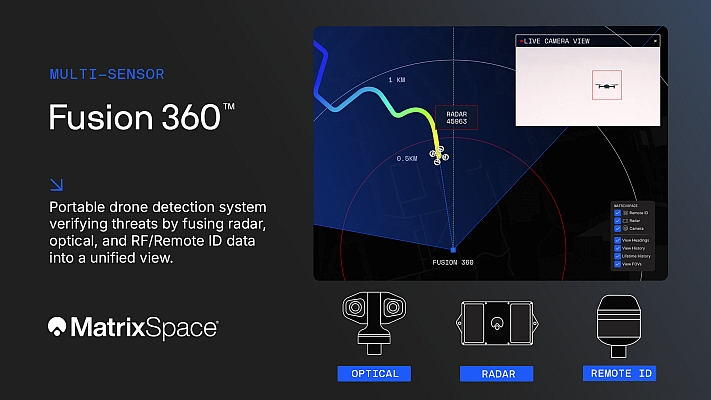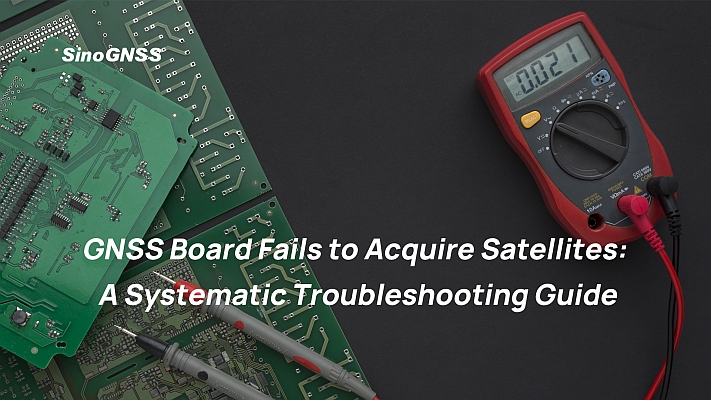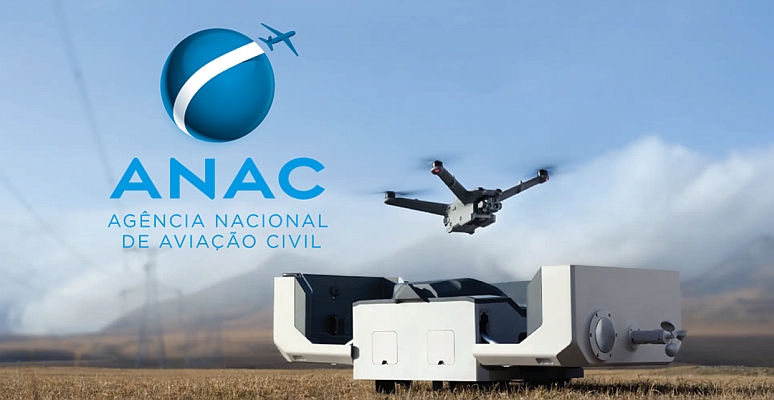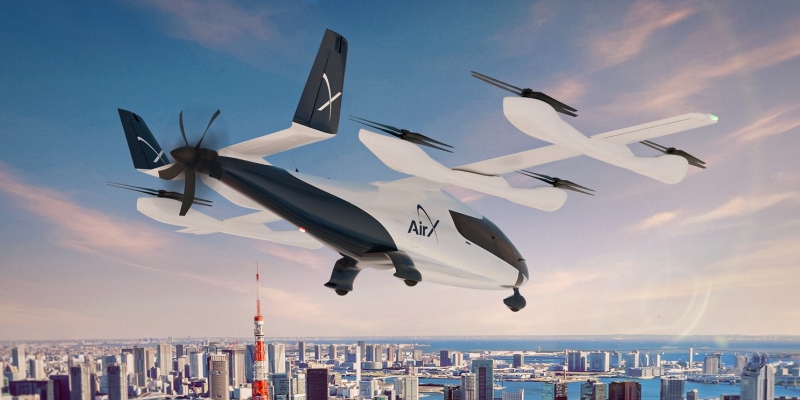Some 230 experts from throughout Germany and across Europe came together at Jade Hochschule in Oldenburg, Germany, on 12 and 13 February for the Oldenburger 3D-Tage. Over 50 presentations along with a trade show formed the backdrop for exchanging information about the latest developments, research results and the wide spectrum of applications for three-dimensional optical measurement techniques.
 After an introduction by Professor Dr Thomas Luhmann, head of the Institut für Angewandte Photogrammetrie und Geoinformatik (IAPG), president of the university Dr Elmar Schreiber welcomed the participants to the event, explaining that it had evolved into one of the German-speaking region’s leading events aimed at scientists, students, users, service providers and manufacturers in the field of optical 3D measurement techniques. It serves as an interdisciplinary platform for exchanging knowledge and experience, continued Schreiber.
After an introduction by Professor Dr Thomas Luhmann, head of the Institut für Angewandte Photogrammetrie und Geoinformatik (IAPG), president of the university Dr Elmar Schreiber welcomed the participants to the event, explaining that it had evolved into one of the German-speaking region’s leading events aimed at scientists, students, users, service providers and manufacturers in the field of optical 3D measurement techniques. It serves as an interdisciplinary platform for exchanging knowledge and experience, continued Schreiber.
Olaf Lies, Minister of Economics, Labour and Transport for Lower Saxony and former student and member of the scientific staff at Fachhochschule Wilhelmshaven (which now forms part of Jade Hochschule), also welcomed delegates to the event. He emphasised that small and medium-sized companies urgently need to form partnerships with universities, and in particular with universities of applied sciences, in order to be able to compete with large corporations that generally have their own R&D departments.
The opening presentation was given by Professor Thomas Kersten from HafenCity University Hamburg. His speech, entitled ‘Automation in 3D Object Modelling – Reality or (Bad) Dream’ highlighted the rapid pace of change in that area of research. The use of 3D technology is increasing the demand for geodata which must fulfil a multitude of criteria: it must be available quickly and accurately and be detailed, up to date, complete, straightforward, affordable and presentable. However, the various uses are still very time consuming and cost intensive. During his presentation, Kersten also offered a look ahead to likely future trends. He expected low-cost systems to become more firmly established. In the foreseeable future, for instance, ‘smartphonegrammetry’ will make object modelling possible for anyone, anywhere, he said.
As we have come to expect, the 13th edition of the Oldenburger 3D-Tage was characterised by efficient organisation, a friendly and informal atmosphere, a good mix of science, academia and industry, and a wide variety of applications of optical 3D measurement techniques, photogrammetry and laser scanning. The was also an impressive amount of variation within the presentations, with sessions ranging from photogrammetrically documenting an archaeological dig and generating virtual 3D models based on combined laser and photo scans, to research into the use of unmanned aerial systems (UAS) for analysing the deformation of flood defences.
A report by regional newspaper Nordwest-Zeitung (in German only) provides an interesting overview of the many applications for 3D measurement techniques.
Free entry for the largest geospatial trade fair in Latin America
MundoGEO#Connect LatinAmerica 2014 (https://mundogeoconnect.com/2014/en), Conference and Trade Fair of Geomatics and Geospatial Solutions, will be held from May 6 thru 9 May at Frei Caneca Convention Center in Sao Paulo, Brazil, offering 30 courses, seminars, special events and professional meetings. Al inscribirse en dos actividades, el participante podrá seleccionar un curso, seminario o evento especial para asistir sin costo algun. By subscribing in two activities, the third one will be free. Check out the conference program (https://mundogeoconnect.com/2014/en/program/).
MundoGEO#Connect trade fair will have free access through previous registration (https://mundogeoconnect.com/2014/en/accreditation-to-the-fair/). For further information, contact MundoGEO by e-mail connect@mundogeo.com or call +55 (41) 3338-7789 / (11) 4063-8848.






